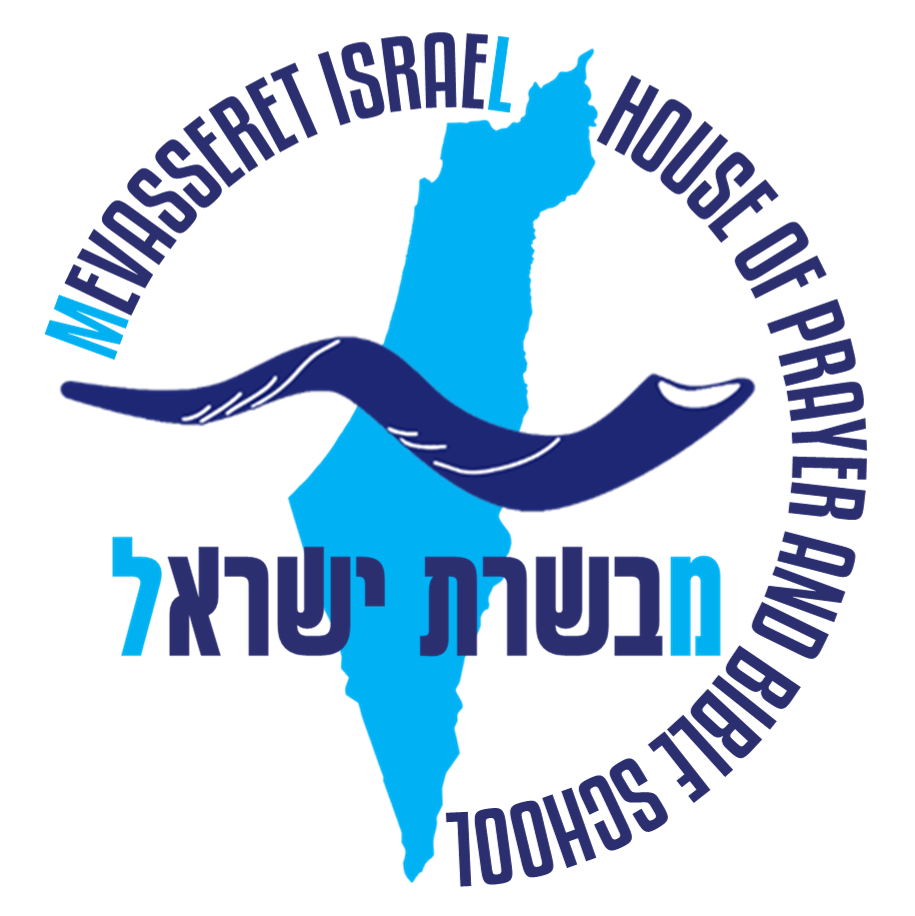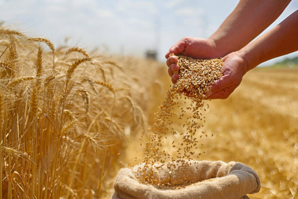WHY CELEBRATE ROSH CHODESH (HEAD OF THE MONTH)?
INTRODUCTION
The new moon marks the beginning of the biblical month, Rosh Chodesh – head of the month.
To this day in Jewish congregations, both in Israel and in the Diaspora, Rosh Chodesh is celebrated.
Let’s look at an excerpt of the Siddur, a book of Jewish prayers used by Jews around the world:
In ancient times, the days of Rosh Chodesh were partly festive in character, the chief expressions of which were sacrifice and the special Levitical songs of the day in the Temple of Jerusalem. The Sanhedrin (Supreme Court) honored this day with a festive meal. In certain localities it was customary not to work on this day.
Today, Rosh Chodesh is marked by various liturgical customs. The Shabbat before Rosh Chodesh is popularly called “the Shabbat of Blessing”, because it “blesses”, that is, the New Moon is proclaimed and a good New Month is augured. It may be that the origin of this custom is the ceremony of the sanctification of the New Month and its proclamation which the Sanhedrin celebrated in the time of the Temple of Jerusalem. After the Torah reading, the Blessing of the New Month and its proclamation are solemnly made in a special prayer.
AN APPOINTMENT
Genesis 1:14
‘Then God said, “Let there be lights in the firmament of the heavens to divide the day from the night; and let them be for signs and seasons, and for days and years; ‘
Psalm 104:19
‘He appointed the moon for seasons; The sun knows its going down.’
In the above two verses, the Hebrew term for seasons is moadim, in the singular: moed.
Moed speaks of a time and a place chosen for an appointment. This term is also used in Exodus 29:42:
‘This shall be a continual burnt offering throughout your generations at the door of the tabernacle of meeting before the Lord, where I will meet you to speak with you. ‘
Tabernacle of meeting in Hebrew is “ohel moed”.
The term moed is also used to refer to the Biblical Feasts described in Leviticus 23, which are also called Appointed Times.
The new moon marks not only the beginning of a new month, but for God it is a reminder of His Appointments with us!
MEMORIAL CELEBRATING THE NEW
In Numbers 28:11-14 we read about the offerings that Adonai asked of us in the days of Rosh Chodesh:
‘At the beginnings of your months you shall present a burnt offering to the Lord: two young bulls, one ram, and seven lambs in their first year, without blemish; three-tenths of an ephah of fine flour as a grain offering, mixed with oil, for each bull; two-tenths of an ephah of fine flour as a grain offering, mixed with oil, for the one ram; and one-tenth of an ephah of fine flour, mixed with oil, as a grain offering for each lamb, as a burnt offering of sweet aroma, an offering made by fire to the Lord. Their drink offering shall be half a hin of wine for a bull, one-third of a hin for a ram, and one-fourth of a hin for a lamb; this is the burnt offering for each month throughout the months of the year.
The Hebrew term chodesh means month and has the same root of the word chadash which means new.
God commands us to blow the trumpets on Rosh Chodesh, marking the head of the month.
Numbers 10:10
‘Also, in the day of your gladness, in your appointed feasts, and at the beginning of your months, you shall blow the trumpets over your burnt offerings and over the sacrifices of your peace offerings; and they shall be a memorial for you before your God: I am the Lord your God.”’
In this chapter of Numbers, God has instructed us to build two silver trumpets, in Hebrew hatzotzrot, and to blow them in various situations: to gather the congregation in the desert, at the call to war, at His Appointed Times, including Rosh Chodesh.
In verse 10 we see that the sound of the trumpets would mark that offering, that surrender, that date, that encounter, as a memorial before Adonai.
Psalm 81:3
‘Blow the trumpet at the time of the New Moon, At the full moon, on our solemn feast day.’
In the book of Psalms, we also see the command to blow the trumpet on Rosh Chodesh, but here the term used is not hatzotzra (silver trumpet) but rather shofar (ram’s horn).
IN THE OLD KINGDOM AND IN THE FUTURE KINGDOM
King David and his friend Yonathan, celebrated Rosh Chodesh while serving in Saul’s palace.
1 Samuel 20:5,18,24
‘And David said to Jonathan, “Indeed tomorrow is the New Moon, and I should not fail to sit with the king to eat. But let me go, that I may hide in the field until the third day at evening. ‘
‘Then Jonathan said to David, “Tomorrow is the New Moon; and you will be missed, because your seat will be empty. ‘
‘Then David hid in the field. And when the New Moon had come, the king sat down to eat the feast. ‘
In Isaiah 66, the prophet speaks of a time when Zion will be restored:
‘For thus says the Lord : “Behold, I will extend peace to her like a river, And the glory of the Gentiles like a flowing stream. Then you shall feed; On her sides shall you be carried, And be dandled on her knees.'(verse 12)
In verse 23 he says:
‘And it shall come to pass That from one New Moon to another, And from one Sabbath to another, All flesh shall come to worship before Me,” says the Lord.’
Just like the Shabbat, in future times, when Adonai restores Zion, Rosh Chodesh will still be celebrated.
THE INVITATION
Adonai has already marked in his calendar his appointments with us. We believe that we too should write them on our calendars and make these moments a memorial before the Eternal God.
Whether with a festive meal as Saul did, with silver trumpets or with a shofar, making offerings to the Kingdom of God, may we bless the new month and celebrate Rosh Chodesh before Him being renewed in His Presence!
In the sublime love of Yeshua haMashiach.
Yoshua e Shoshana – Mevasseret Israel
Prayer Alerts and Articles




